Latest News
Winter Cheney wins gold in varsity ski finals
Riley Klein
Feb 25, 2026
Winter Cheney sports three gold medals after a victorious performance in the Berkshire Hills Ski League championships Wednesday, Feb. 18.
Provided
CORNWALL — Housatonic Valley Regional High School skier Winter Cheney won 1st overall in the boys varsity ski championships Wednesday, Feb. 18.
Cheney earned gold in the Berkshire Hills Ski League finals in both the slalom and giant slalom events.
Cheney is a second-generation HVRHS skier, following in the tracks of his father, Ted Cheney. Both skiers learned from HVRHS coach Bill Gold.
In team scores, the Mountaineers took first place in slalom and second in giant slalom.
Other HVRHS skiers performed well, including Danny Lesch’s 3rd place overall finish in the boys rankings. Elden Grace, Ian Thomen, Logan Dolan, Ishaan Tanin, August Olsen, Jonas Johnson and Donald Polk III all contributed to the team’s success.
The championship meet was held at Mohawk Mountain in Cornwall. The league includes HVRHS, Washington Montessori School, Rumsey Hall, Indian Mountain School and Marvelwood School.
Keep ReadingShow less
41st Polar Bear Run wraps up before snowstorm
Lans Christensen
Feb 25, 2026
Runners depart on the 7.8-mile course around Lake Waramaug for the 41st Polar Bear Run held on Sunday, Feb. 22.
Lans Christensen
KENT— Blizzard warnings did little to deter most of the 700 pre-registered participants from competing in the Polar Bear Run on Sunday, Feb. 22.
On race day, 526 athletes ran the 7.8-mile course around Lake Waramaug, along with a large number of participants in the walking event.
Cloudy, breezy and cold conditions defined the day with the thermometer steady in the 30-degree range. The race started promptly at 11 a.m., and 40 minutes and 19 seconds later— a new record — Hiro Kawakatsu crossed the finish line.
Complete results available at FastTrackTiming.com
This 41st edition of the Polar Bear Run was as popular as ever, thanks to the efforts of Stephanie and Ed Raftery of TrailHeads, a performance accessories retailer based in Kent.
The race benefits Guiding Eyes for the Blind. As always, one of the best parts of the day was meeting and spending time with the organization’s dogs.
Keep ReadingShow less
Budget season begins in Cornwall
Riley Klein
Feb 25, 2026
Cornwall Town Hall
Riley Klein
CORNWALL — Municipal spending in Cornwall is expected to increase by more than 5% next year.
First Selectman Gordon Ridgway presented the proposed spending plan for 2026-27 to the Board of Finance on Thursday, Feb. 19.
The bottom line was $2,654,985, an increase of 5.61% compared to 2025-26.
“Of our roughly $150,000 increase, $42,000 is for the health insurance,” he said.
Ridgway explained the town is under contract with the highway union to provide a certain level of insurance. The current plan is through the state insurance pool, which covers all state employees and many municipalities.
Finance chairman Joe Pryor questioned if there was any way to address the insurance hike. “It’s obviously way past inflation,” Pryor said.
“The program that we’re under now had the best price,” Ridgway said. “But we can dig in, see if there’s some options there.”
In the spending plan, municipal employees were given a 3% raise.
The plan showed a 35.42% increase, about $11,500, to wages for the Zoning Enforcement Office. Ridgway said the new officer, Spencer Musselman, is working more hours than the previous ZEO and processing more permits.
There was a new line for $20,000 under the Town Office Administration section in order to pay for a new “.gov” website, which all town governments in Connecticut are required to transition to by mid 2027.
The capital spending plan showed a net hike of $75,000 compared to the current fiscal year. Capital spending is separate from the municipal budget and the money allocated to each line can carry over into future years, such as a fire truck fund.
The primary increase in capital spending was $40,000 for town building improvements. There was also $20,000 added to property revaluation assessments, which will next be completed in October 2026.
The next step in the budget process will be March 19 when Cornwall Consolidated School presents the elementary school’s spending plan.
Keep ReadingShow less

Want more of our stories on Google? Click here to make us a Preferred Source.
Now and then
Lonnie Carter
Feb 25, 2026
BISHOP FULTON J SHEEN swoops on to the stage to begin his telecast.Now and Then.
Today the feast of a favorite saint Agnes whom I revere
She promised herself as a Bride of Christ
Her beauty brought her suitors many rich
To each and every she said the same
I cannot be yours, kind sir,I am His
Her words displeased one special haughty sir
—-----------------
His name ProCopius,Pro Cop, you hear?
Defund the Cops? O no, only if masked or ICED
Only if they shot and spat out You Bitch
And said peaceful protestors were the ones to blame
Antifa, are they everywhere, no Big Biz
Is what you’re confusing, the CEOs, the cur
—------------------
Mark Scheissenberg, Jeff PayZos, Cook of the golden plate
These are the ones come courting, hats in hand
The worst of the worst to be deported to CECOT fate
We’ll send them off to Souza’s Lose-as Band
I have Agnes with a lamb to her breast
It has been shorn, the wool adorns me as a cape
She keeps the Faith with Minnesota and both meet the test
The future sees Obamas with each Agnes and Michelle an ape
We see projected St. Agnes holding a lamb and the Obamas as Apes.
Lonnie Carter is a playwright, Obie winner and his signature play is “The Sovereign State of Boogedy Boogedy.”
Keep ReadingShow less

Want more of our stories on Google? Click here to make us a Preferred Source.
loading
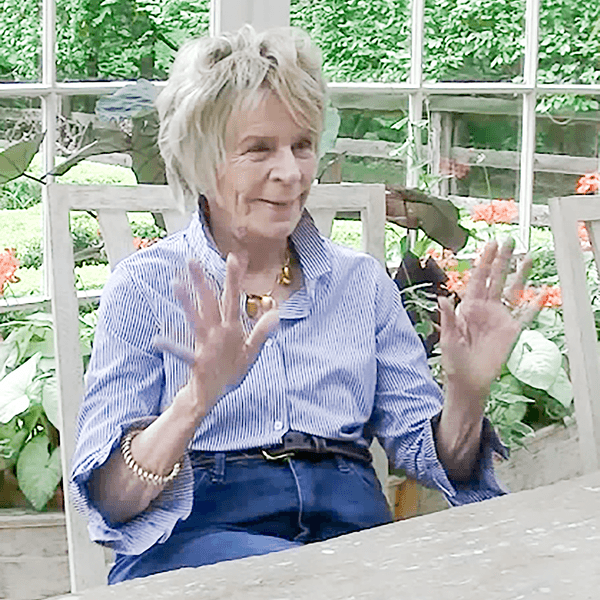
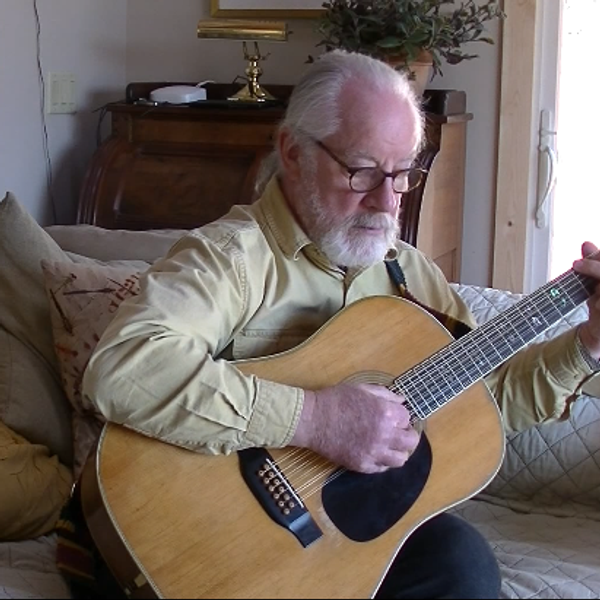
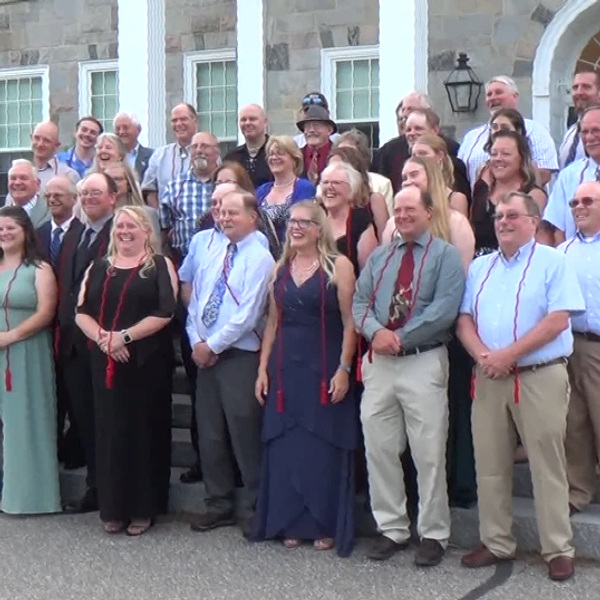

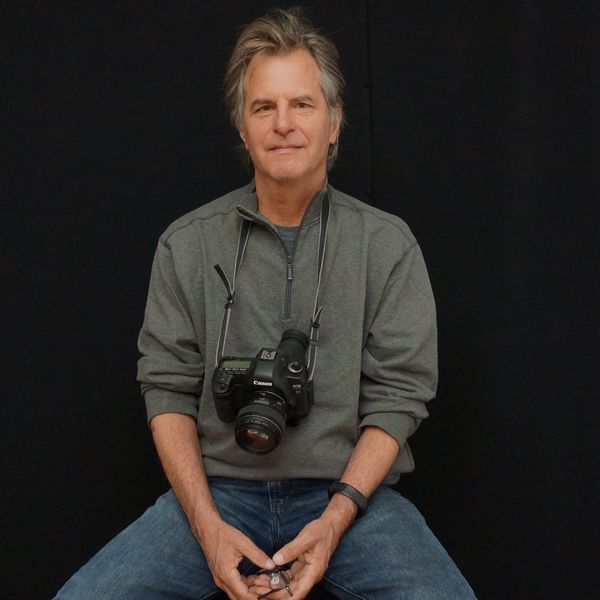
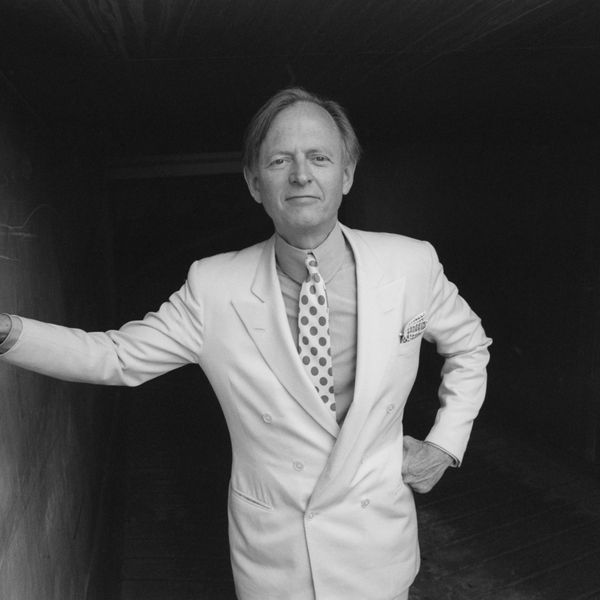













What exactly is hospice, anyway?
Mary Talbot
This is the first in a series of articles about hospice and end-of-life care in our region, covering topics ranging from the truth about morphine and pain management to knowing when it’s time for hospice care to preparing an advance directive. It is produced in collaboration with East Mountain House.
For most Americans, death is not an easy subject. Most of us avoid talking about it until we absolutely have to. In the same vein, hospice care is something many people know little about until they encounter it firsthand. Even the word “hospice” can spark a sense of dread.
But according to hospice experts, as well as the family and friends of people who have received hospice care, demystifying hospice—and having earlier conversations about how we want to spend our last months and weeks of life—can go a long way toward improving the end-of-life experience for both patient and loved ones.
Moreover, in a region with a high proportion of seniors and a growing number of people living with chronic and life-limiting illness, hospice is a service many local families will consider, and one worth understanding before it is urgently needed.
In the simplest terms, hospice is “just good care at the end of your life—making sure that your symptoms, especially pain, are well controlled and that you have the things available to you that you need,” said Eileen Rydel, a nurse and veteran hospice director who currently serves as a case manager for Visiting Nurses and Hospice of Litchfield County (VNHLC), which serves the northwest corner and Farmington Valley.
Hospice care is intended for people with a terminal illness whose doctors believe they are unlikely to live more than six months, and for whom curative interventions are no longer effective and, along with repeat hospital stays, will likely only cause more suffering.
Instead, hospice is devoted to wellbeing and day-to-day support, often in the patient’s home. “One of the goals is to keep people out of the hospital because that’s not a very comfortable place when you’re at the end of life,” said Rydel. “The focus is all on comfort and living well.”
Or, as Cristin Rich, a former hospice nurse and now executive director of East Mountain House, a new end-of-life care home in Lakeville, puts it: “it’s about quality of life at the end of life.”
Along with nurses, a hospice team typically includes a physician, a social worker, home health aides, a chaplain, and trained volunteers. Physical or occupational therapists may also be involved. Social workers help families think through practical and emotional questions while volunteers may come and sit with a patient so a caregiver can leave the house or rest.
Most days, Rydel is on the road, traveling from home to home to check on patients and their families, adjust medications, and offer advice. Some patients are stable and prefer minimal visits. Others, she said, “need much closer attention, especially at the very end. Then I may visit seven days a week.”
Hospice support for families and caregivers includes services such as respite care and bereavement counseling. Respite care provides the option for a short stay—up to five days—in a hospice-certified nursing home, hospital, or inpatient facility, allowing caregivers time to rest and recharge.
Medicare Part A covers all the costs of care from the hospice team — including nursing — as well as medications to treat pain and discomfort (from morphine to oxygen) and durable medical equipment like hospital beds, shower chairs, or lifts.
What isn’t covered is ongoing in-home care—someone to look after the patient day in and day out. That usually falls to a family member and/or a paid caregiver. “We have a home health aide on our team, and she’ll come out a couple times a week, but that 24-hour is a private expense,” said Rydel.
Fortunately, Rydel added, there are resources in our region to help pay for that care, such as grants for terminal cancer patients from The Jayne Lloyd Fund (through the Berkshire Taconic Community Foundation). VNHLC, too, currently has access to funds for helping struggling families cover private care and Connecticut Community Care, Inc. can support in-home help for people living on very low incomes.
There are several pervasive misconceptions that still prevent terminally ill people or their families from taking advantage of hospice care. Two of the most common are the belief that hospice means giving up and that medications used to treat pain hasten death. Rydel and Rich agree these beliefs often stem from the fact that hospice is introduced very late in an illness, reinforcing the association between hospice, medication, and death rather than comfort and support.
In fact, research has shown that many people live better—and sometimes longer—once they enter hospice care. And reams of studies have demonstrated that morphine and other pain medications, when appropriately administered, relieve suffering and improve quality of life rather than shorten it.
Moreover, hospice doesn’t mean no treatment. “If you’ve got a urinary tract infection, or you fall and break a bone, you’re going to be treated for that,” said Rich. “Everything is going to be palliated. Anything that affects comfort and quality of life hospice is going to be address.”
Another misconception is that once on hospice, always on hospice. But patients can leave anytime they choose. “Sometimes people decide they want to go to the hospital for a particular treatment that’s not part of hospice, or they leave for some other reason,” said Rich. “The point is that this is your decision, or a decision you make with your family.”
“I wish people were more open to talking about hospice earlier in the process of their illness or earlier in their life,” Rydel said. “I think it would make things much easier for them and for family.”
For Karen Whitley Bell, author of Living at the End of Living: A Hospice Nurse Addresses the Most Common Questions, the end of life, as difficult as it may be, “offers an opportunity to explore and rediscover a richer meaning in life.” And hospice, with its dedication to a patient’s dignity and comfort, can help make that possible.
To learn more about end-of-life care, even if hospice is not immediately needed, The National Hospice and Palliative Care Organization offers extensive info online local and visiting nurse and hospice organizations like VNHLC also can provide answers. The Lakeville Journal welcomes reader questions and ideas for future topics in this series.